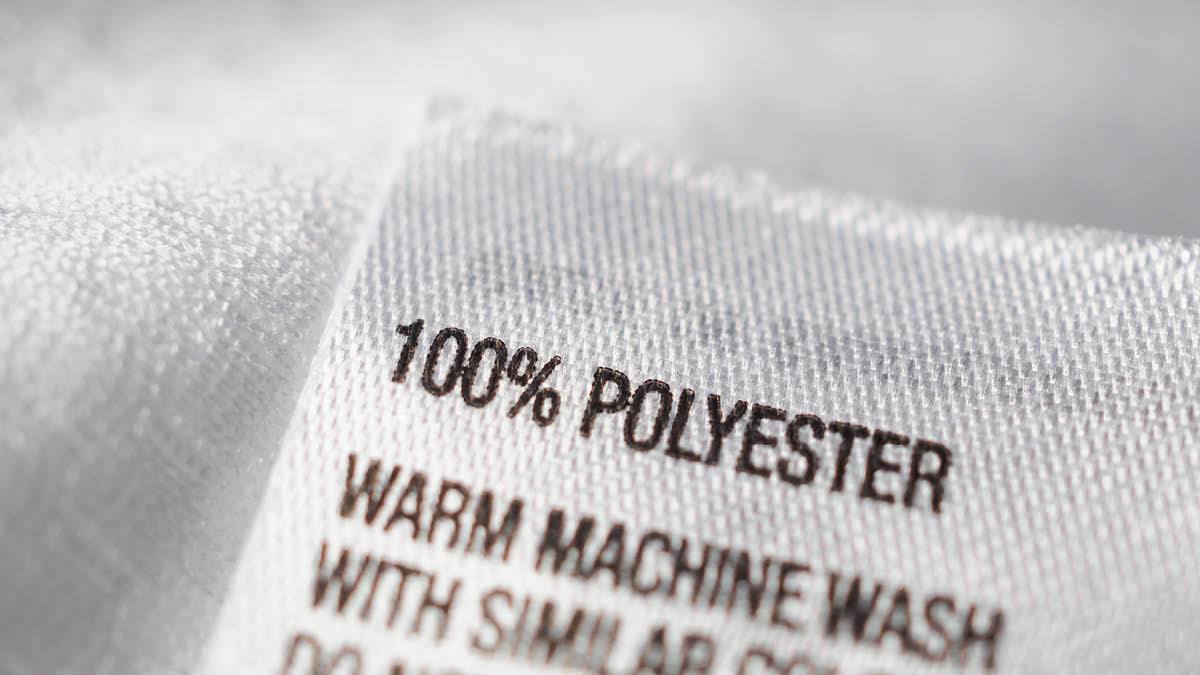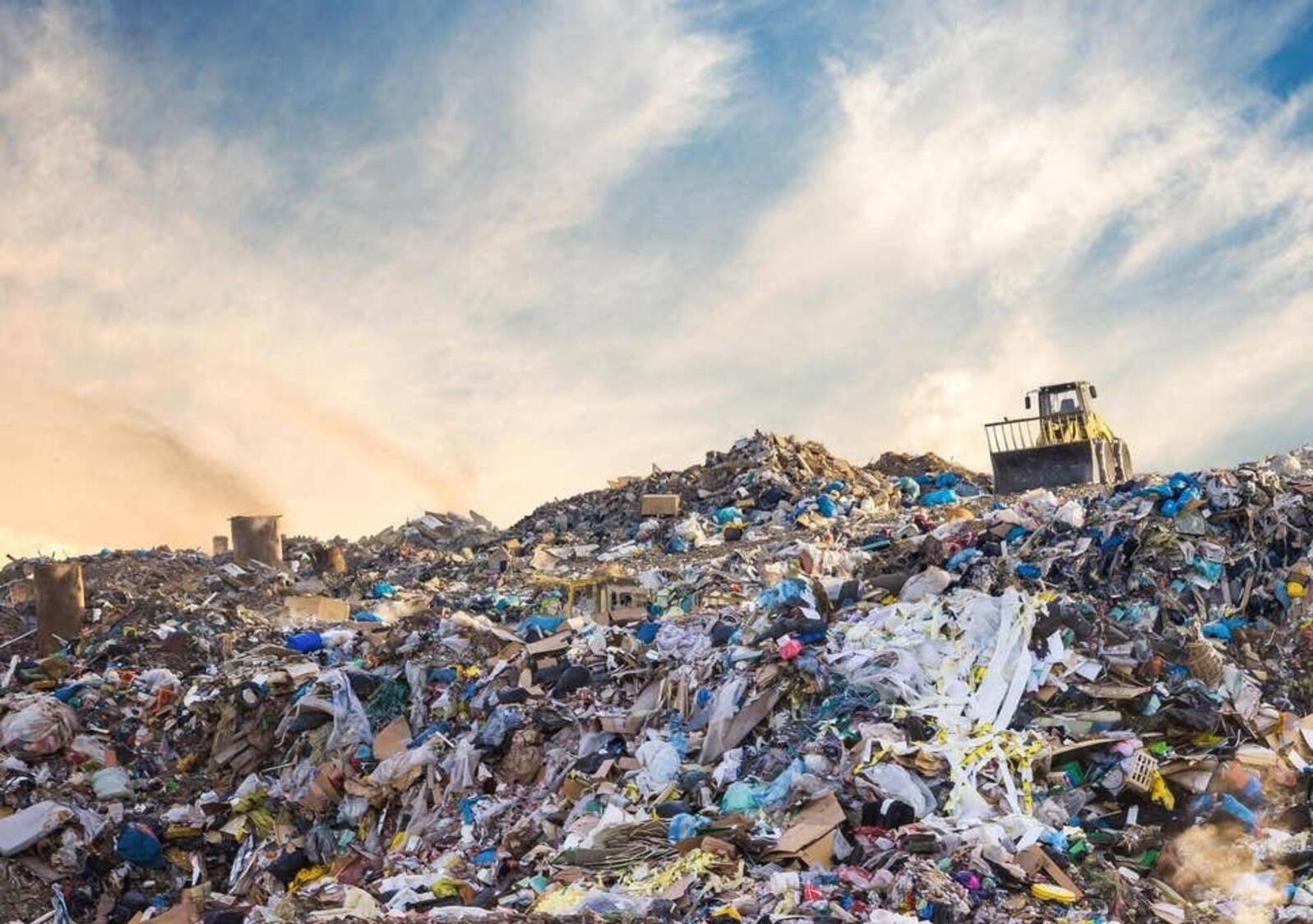Polyester is a synthetic fiber that has been widely used in the fashion industry for decades. It is known for its durability, low cost, and easy care properties, making it a popular choice for clothing, linens, and other textiles. However, despite its popularity, polyester is not a sustainable fiber in the modern fashion industry. In this blog post, we will explore the environmental and social impacts of polyester production and use, and why it is important for the fashion industry to consider more sustainable alternatives.
First, let's look at how polyester is made. Polyester is derived from petroleum, a non-renewable resource that is harmful to the environment when extracted and processed. The production of polyester requires a large amount of energy, which often comes from fossil fuels such as coal and natural gas. This energy-intensive process produces greenhouse gases, which contribute to climate change. In addition, the chemicals used to make polyester can pollute the air and water, and have negative impacts on the health of workers and nearby communities.
Polyester is also not biodegradable, meaning that it does not break down naturally in the environment. When polyester clothing and other products are disposed of in landfills, they can take hundreds of years to decompose. In the meantime, they can release harmful chemicals into the soil and water. Even when polyester is recycled, it can only be downcycled, meaning that it can be made into lower-quality products that eventually end up in landfills as well. This means that the environmental impacts of polyester continue long after it is no longer being used.
In addition to the environmental impacts, the fashion industry's reliance on polyester has social and economic implications as well. Fast fashion, which is the production of cheap, trendy clothing in high volumes, is a major driver of polyester use. This model of production relies on cheap labor, often in developing countries, and can lead to poor working conditions, low wages, and a lack of worker rights. The cheap price of polyester clothing encourages consumers to buy more and dispose of it more frequently, contributing to a cycle of overconsumption and waste.
So, what can we do about the sustainability of polyester in the fashion industry? One solution is to switch to more sustainable fibers, such as natural fibers like cotton, linen, and wool, which are biodegradable and require less energy to produce. These fibers also have the added benefit of being more breathable and comfortable to wear, which can be a selling point for consumers.
Another solution is to adopt more sustainable production practices in the fashion industry. This can include using renewable energy sources, reducing chemical inputs, and implementing more efficient manufacturing processes. Some fashion companies are also taking steps to reduce their environmental impact by using recycled polyester, which is made from post-consumer plastic waste. While recycled polyester can be more sustainable than virgin polyester, it is still not biodegradable and has its own set of environmental impacts.
Polyester is not a sustainable fiber in the modern fashion industry. Its production has negative environmental and social impacts, and it contributes to a cycle of overconsumption and waste. It is important for the fashion industry to consider more sustainable alternatives, such as natural fibers and more sustainable production practices, in order to reduce its impact on the environment and promote social and economic justice.
Opok is dedicated to creating the highest quality organic activewear for men. Learn more at Opok.com




Leave a comment
This site is protected by hCaptcha and the hCaptcha Privacy Policy and Terms of Service apply.